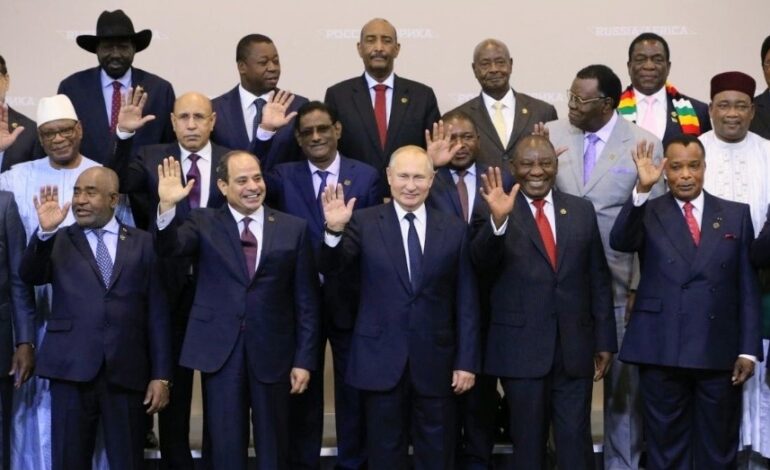
Waye Lumbasi
The United States has removed Mali from its visa bond program, reversing a policy that required Malian citizens to deposit between $5000 and $15000 before obtaining a business or tourist visa. The decision came after Mali responded with its own measure, demanding that American travelers pay an equivalent bond to enter the West African nation. What began as a routine visa rule quickly turned into a test of respect and sovereignty between the two countries.
The visa bond policy was introduced by the U.S. Department of State as part of a pilot program targeting countries with high visa overstay rates. The idea was to encourage compliance by requiring applicants to post refundable financial guarantees. But for many, especially in developing nations, the bond was seen as discriminatory – a financial barrier that punished honest travelers rather than solving administrative problems. For ordinary Malians, such amounts were far beyond reach, effectively limiting access to travel, trade, and family visits.

Mali’s government was quick to push back. It condemned the U.S. decision as unjust and imposed a reciprocal rule for American citizens seeking entry into Mali. The move signaled that the country would not accept what it viewed as an unfair and humiliating policy. The diplomatic exchange placed Washington under pressure, forcing a reassessment of the visa bond program and leading to Mali’s removal from the list.
The reversal highlights how immigration policy can easily spill into foreign relations. What was intended as a technical fix to visa overstays instead became a diplomatic standoff, exposing the risks of unilateral measures that affect citizens’ freedom to travel.
For Mali, the outcome was seen as a victory for equality and national pride. For the United States, it served as a reminder that diplomacy and immigration enforcement cannot be separated. This episode underscores a larger truth – global partnerships are built on fairness, not financial walls. If the world’s leading democracy seeks to strengthen its ties with Africa, then respect and reciprocity must outweigh restrictions and bureaucracy.
RELATED
MALI IMPOSES $10,000 VISA BOND ON U.S. CITIZENS IN RESPONSE TO TRUMP’S VISA POLICY
BURKINA FASO REJECTS PROPOSAL TO ACCEPT DEPORTEES FROM THE US
NAMIBIA TO REQUIRE VISAS FOR U.S CITIZENS & TRAVELERS FROM 30+ COUNTRIES








